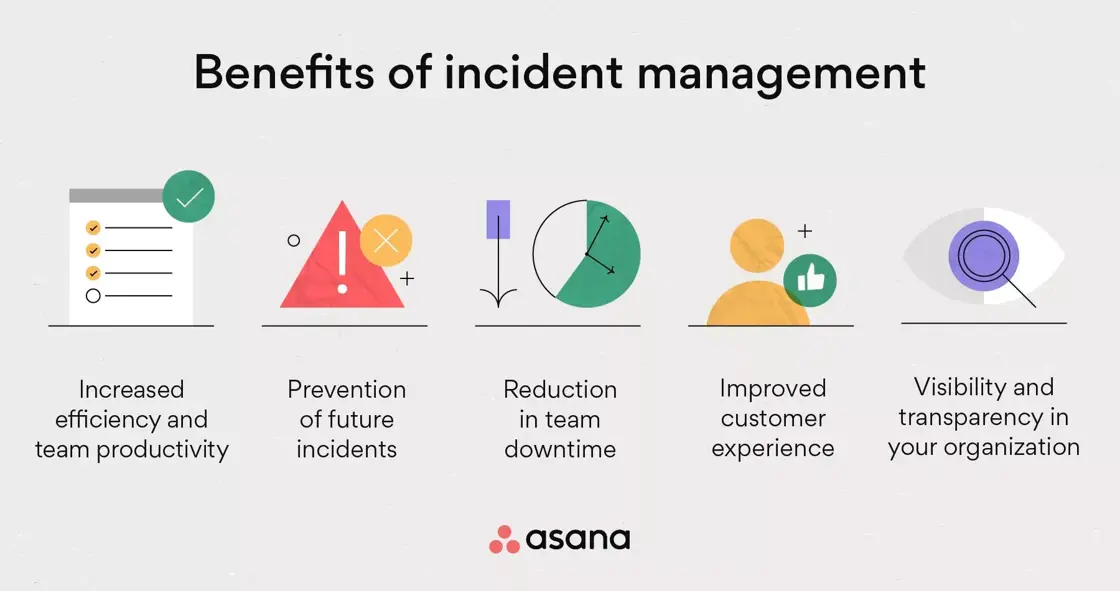Mastering Incident Management in DevOps: A Proactive Approach to System Resilience
 Aradhya Shrivastava
Aradhya Shrivastava
An incident is any unplanned event that disrupts normal service or operation, impacting the quality of service. This could range from service downtime to a system failure.
Incident management in DevOps is not just a reactive measure but a proactive necessity. It involves a multi-faceted approach that includes proactive monitoring, rapid response strategies, and post-incident analysis to prevent future occurrences.
Types of Incident Management:
1. ITIL/ITSM: The ITIL incident management workflow focuses on reducing downtime and minimizing the impact on productivity. The goal is to ensure quick resolution and reduce the impact of incidents on employees.
2. SRE (Site Reliability Engineering): SRE teams work under Service Level Agreements (SLAs) that define the expected system uptime. Their primary aim is to maintain system reliability within these parameters while addressing incidents quickly and efficiently.
3. DevOps: DevOps teams emphasize continuous delivery and infrastructure as code (IaC). In this approach, incidents are seen as opportunities for improvement. The focus is not only on resolving the immediate issue but also on refining the development and deployment processes to prevent similar incidents in the future.
The 5 Key Steps in an Incident Management Plan:
1. Incident Identification: Detecting the issue.
2. Incident Categorization: Defining the type and severity of the incident.
3. Incident Prioritization: Determining the urgency and impact.
4. Incident Response: Executing a well-defined plan to resolve the issue.
5. Incident Closure: Ensuring the issue is fully resolved and documented.
Tools for Management Process:
Incident tracking systems, Alerting system, Communication channels, Documentation and Status page.
Thank You!
To read more, visit Sources:
Subscribe to my newsletter
Read articles from Aradhya Shrivastava directly inside your inbox. Subscribe to the newsletter, and don't miss out.
Written by

Aradhya Shrivastava
Aradhya Shrivastava
Proficient DevOps Engineer with around 2 years of experience in Cloud(AWS), Docker, Kubernetes, CI/CD(Jenkins), Prometheus, Grafana & Elk Stack. Experienced in Linux Administration and server management.